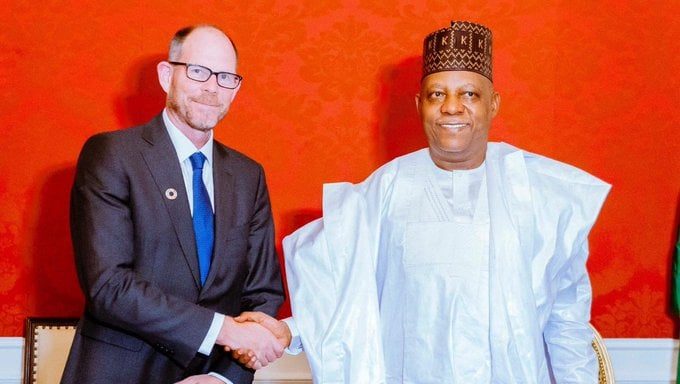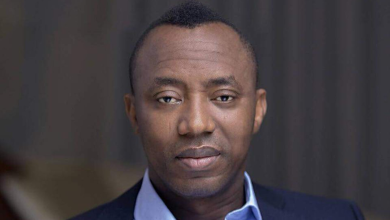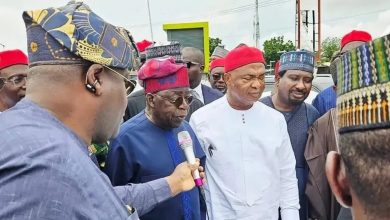Gates Foundation CEO Says Tackling Poverty, Malaria in Nigeria Will Take Years
Gates Foundation CEO Mark Suzman says fighting poverty and malaria in Nigeria requires sustained long-term effort.
He praised government progress but warned challenges like child vaccination gaps and malaria remain critical.
The Chief Executive Officer of the Bill & Melinda Gates Foundation, Mark Suzman, has said that it will take many years of consistent effort to reduce poverty and malaria in Nigeria, even though the government has made progress in the health sector.

Suzman made this known in New York during an interview with TheCable ahead of the Foundation’s annual Goalkeepers event. He praised Nigeria’s leadership for making bold moves in healthcare but noted that the scale of the country’s challenges remains huge.
He pointed out that Nigeria’s large population makes its progress vital for both Africa and global statistics. According to him, many Nigerians still live on less than two dollars a day, while the country continues to record high malaria cases and a large number of unvaccinated children.
Despite these issues, Suzman acknowledged that Nigeria has achieved progress in key areas, especially under the current administration. He said the Foundation works in line with Nigeria’s priorities, highlighting health initiatives such as vaccination and malaria prevention campaigns led by Health Minister Muhammad Pate.
Suzman stressed that building human capital through health and education requires long-term commitment. He explained that preventing malaria and ensuring proper child nutrition and vaccination may not yield immediate economic results, but will produce a healthier workforce in the future.
“The real impact comes when these children grow up strong and healthy to contribute to the economy,” he said, adding that political cycles often fail to match such long-term benefits.
He also noted that Nigeria has been trying to raise more revenue outside the oil sector, though the fiscal pressure remains high. The Foundation, he added, continues to work with countries in Africa and Asia to strengthen domestic resource mobilization to support human development.



